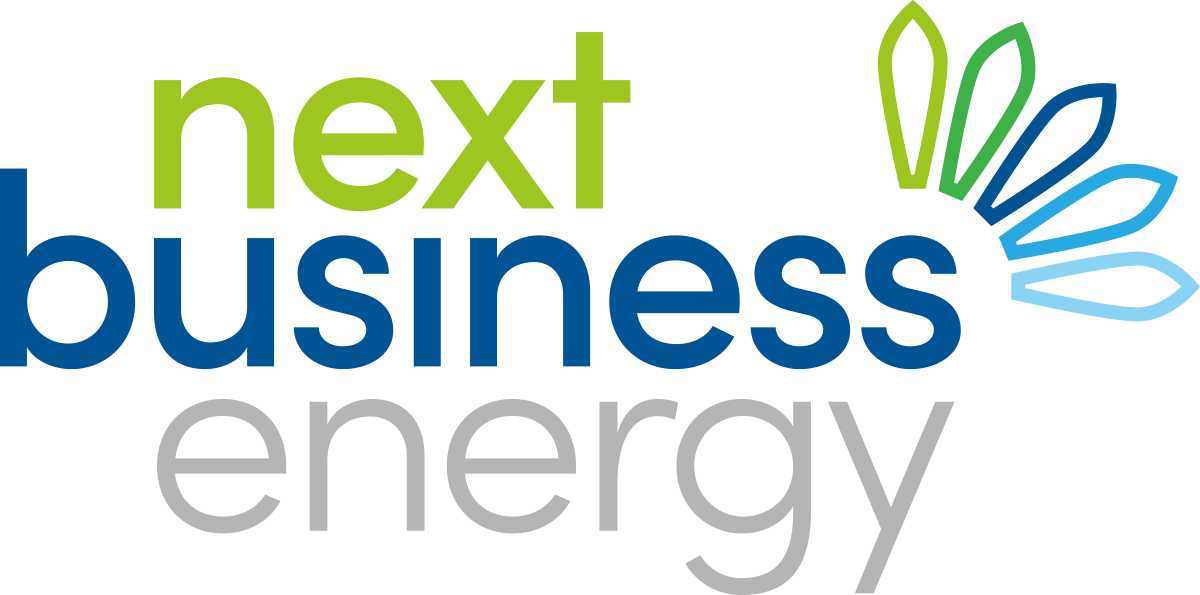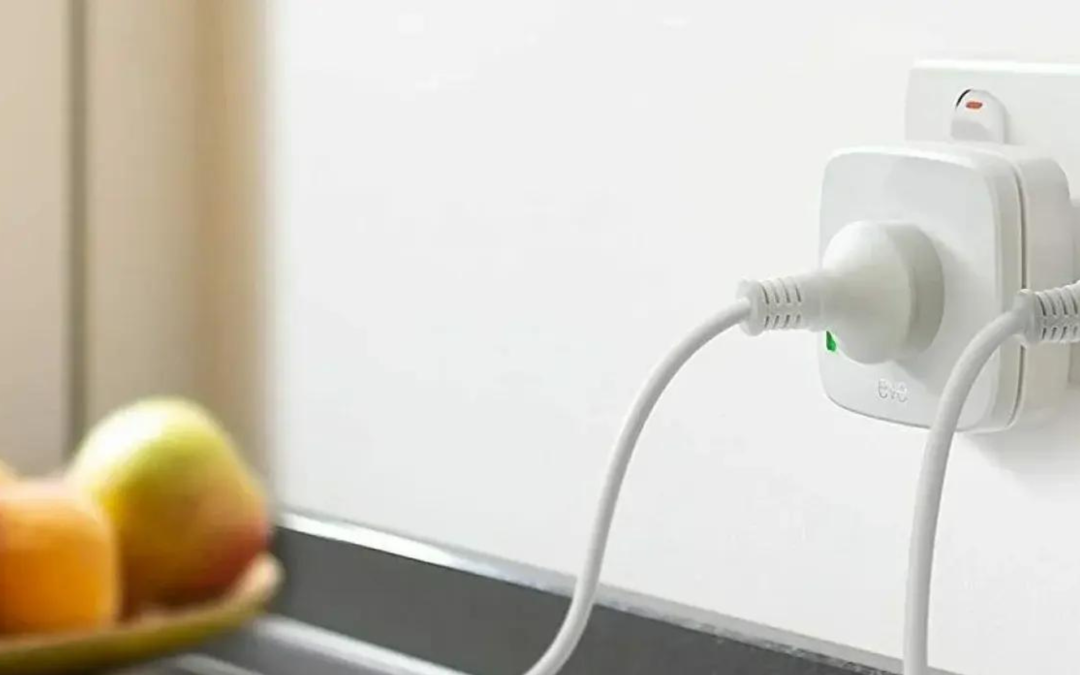Energy efficiency is not just an environmental consideration but a crucial economic strategy that reduces energy bills and other costs. Australian businesses are increasingly turning to innovative solutions to cut down on energy use and lower costs. At Next Business Energy, we champion solutions that help small businesses reduce their energy bills. One such solution that is often overlooked is smart plugs, a simple device with the potential to reduce energy costs and improve operational efficiency.
What is a Smart Plug?
A smart plug is a device that fits into a standard Australian electrical socket and allows you to control the power usage of whatever is plugged into it remotely. These devices connect to the internet, typically through Wi-Fi, enabling users to manage their appliances via smartphone apps or through integration with home automation systems like Amazon Alexa, Google Assistant, or Apple HomeKit.
Energy Savings with Smart Plugs
Smart plugs offer several ways to save energy, which can be particularly beneficial for businesses looking to enhance their energy efficiency:
- Remote Control: Business owners can turn off equipment remotely when not in use, avoiding unnecessary power consumption that often occurs outside of business hours.
- Scheduling: Appliances can be programmed to operate only at specific times. For instance, you could set a coffee machine to power on just before employees arrive and turn off after the morning rush.
- Energy Monitoring: Many smart plugs come with features that track power usage. This data can help identify which devices consume the most energy, allowing for targeted energy-saving measures.
Smart Plugs in Action
Retail Environments
Consider a retail store where lighting contributes significantly to the energy bill. By using smart plugs, the store manager can schedule lighting only during business hours or adjust it based on natural light availability, significantly reducing energy consumption. Additionally, integrating smart plugs with a system like Alexa allows for voice control, adding convenience and further enhancing energy management.
Offices
In office settings, printers, copiers, and desktop computers are often left on standby outside business hours, drawing power unnecessarily. Smart plugs can automate the complete shutdown of these devices after hours, cutting down the ‘phantom’ energy use and potentially saving substantial amounts on energy bills.
Hospitality
Venues often face challenges in managing the energy use of rooms that are not consistently occupied. Smart plugs can automatically manage devices like TVs, air conditioners, and heaters, ensuring they are only active when rooms are in use. This reduces energy consumption and enhances guest experience by allowing personalised control over room settings through a central system or voice commands via smart speakers.
Implementation Tips for Businesses
- Start Small: Implement smart plugs in high-energy areas or with devices that consume a lot of power.
- Use Data: Analyse the data collected from smart plugs to make informed decisions about where further efficiencies can be made.
- Staff Training: Ensure you train staff on how to use smart plug apps and systems. Adoption by everyone in the company is key to maximising benefits.
- Review and Scale: Start with a pilot area, review the effectiveness, and then scale up the implementation to other parts of the business as you see positive results.
The Future of Smart Plugs in Australian Businesses
As technology advances, integrating smart plugs with broader automation systems and IoT (Internet of Things) devices is likely to become more sophisticated. With the rise of smart offices and homes, the ability to manage energy on a granular level using AI and machine learning will likely become a standard practice. This will help businesses reduce their carbon footprint and significantly lower operational costs.
Smart plugs represent a simple yet powerful tool for Australian businesses aiming to reduce energy consumption and manage operational costs more efficiently. By integrating these devices with automation systems like Alexa and other IoT technologies, businesses can achieve considerable energy savings and operational improvements, paving the way towards a more sustainable and profitable future.

